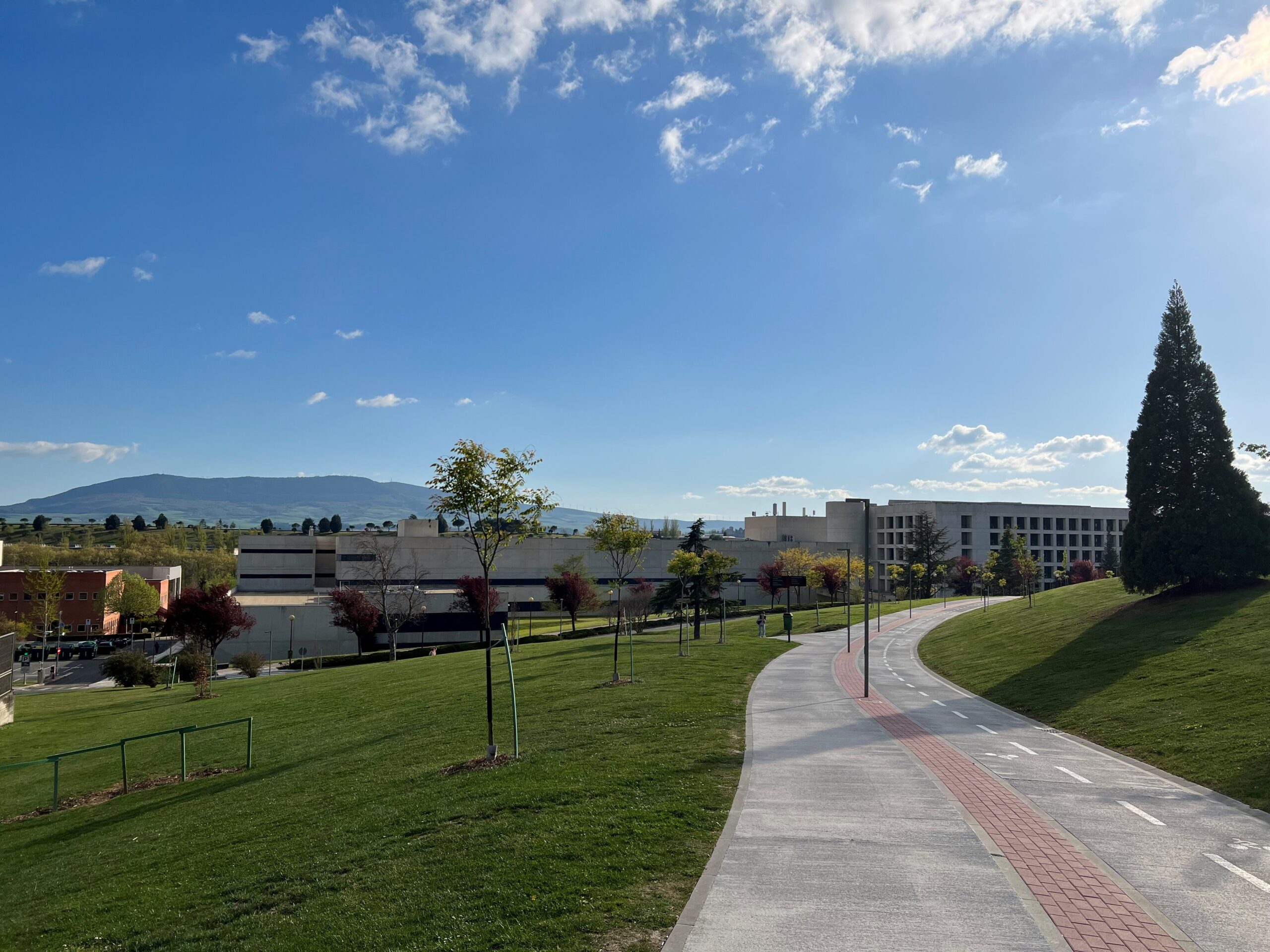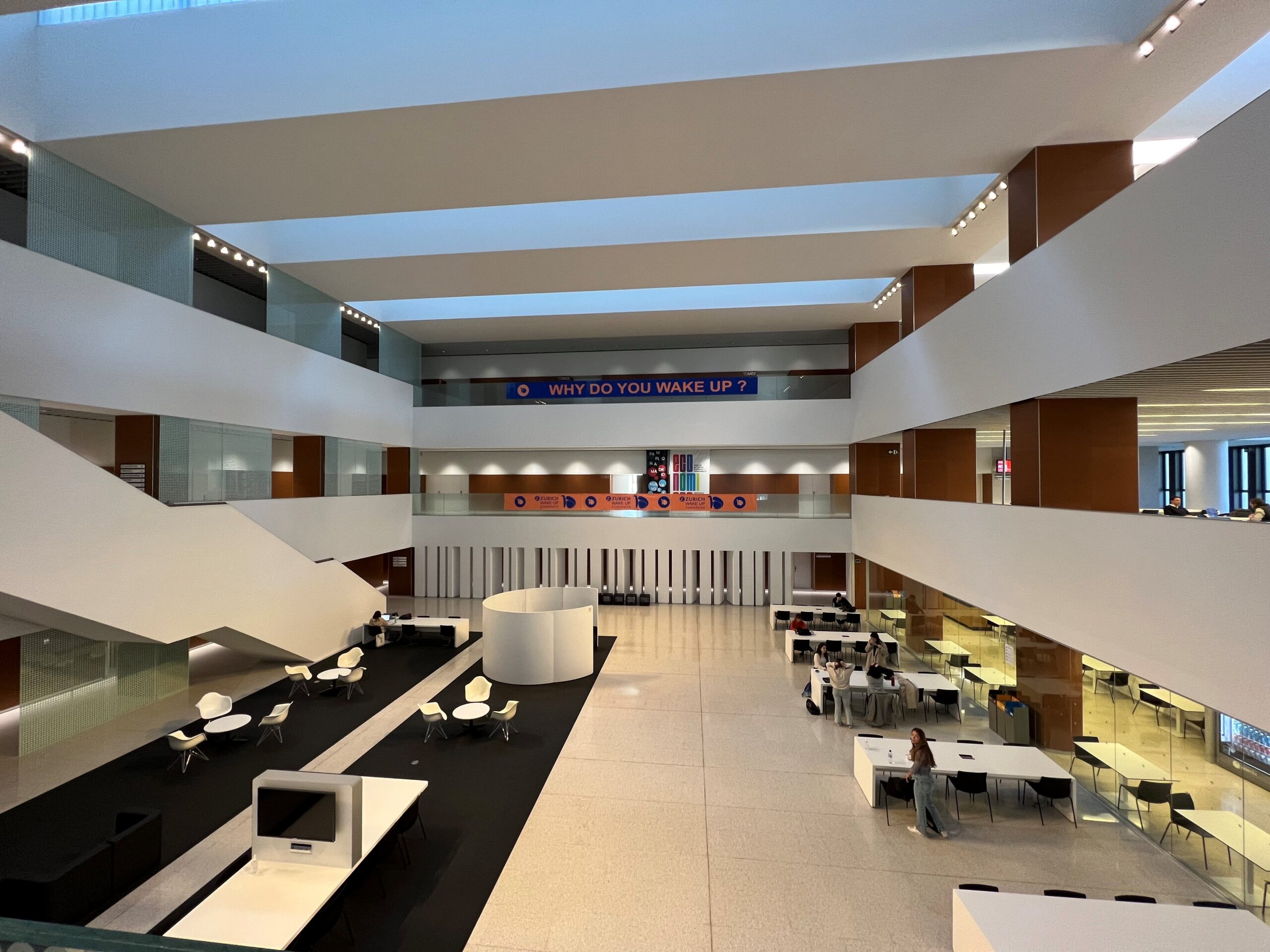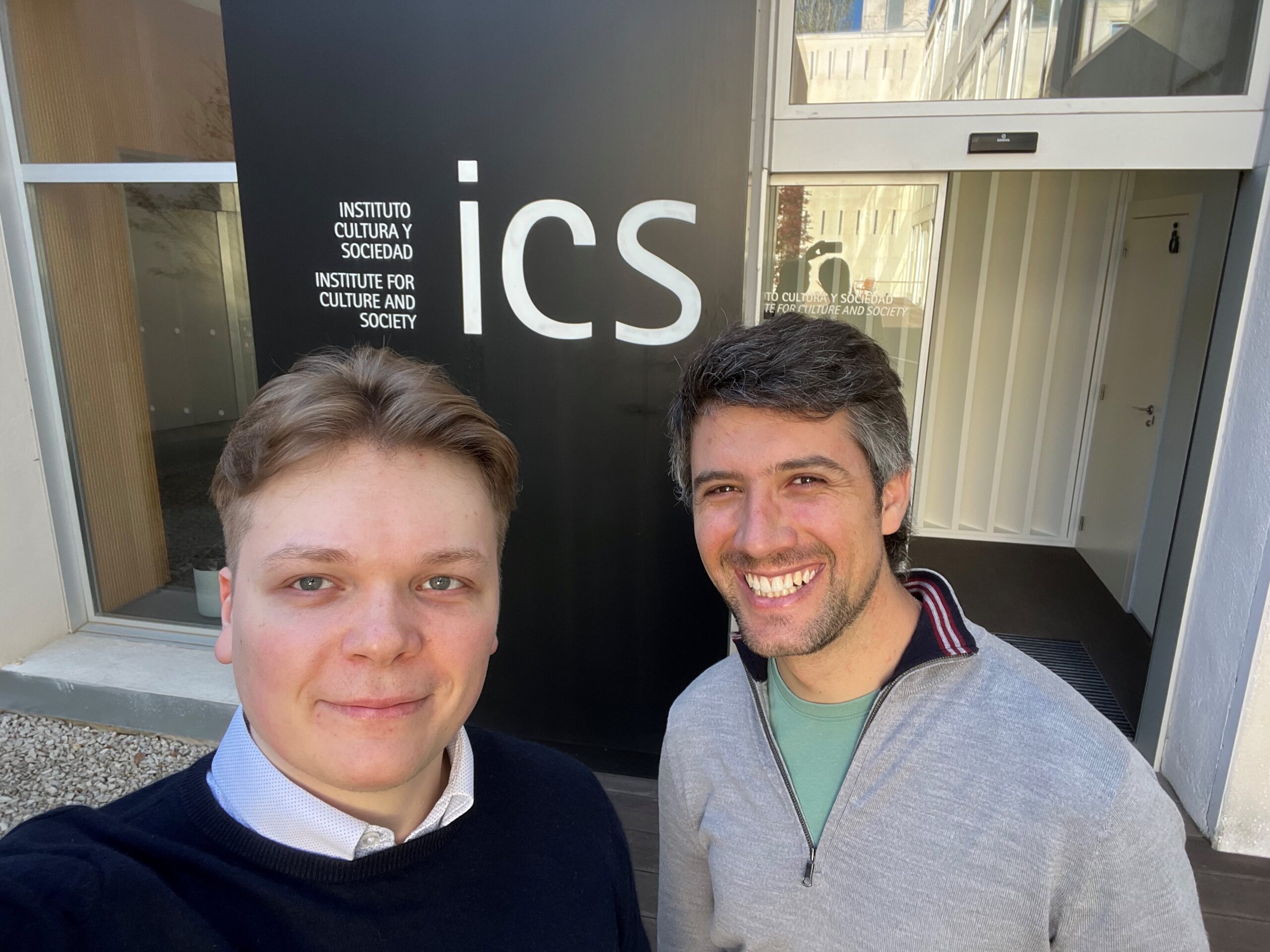Berlin’s academic landscape is rich with diverse research endeavors, particularly in the realms of digital cultural, social, and humanities studies. However, there’s a notable gap in structured and sustained networking among key players in these fields. To address this gap, the Weizenbaum Institute and the Interdisciplinary Center for Digitality and Digital Methods at HU Berlin’s Campus Mitte are organizing a networking meeting.
Scheduled for May 31, 2024, at the Auditorium in the Grimm-Zentrum, HU Berlin, this event is open to institutions, institutionalized teams, and centers actively engaged in digital research within the humanities, social sciences, and cultural studies in Berlin. The aim of the meeting is to strengthen existing connections, identify potential common interests and goals, and spotlight further avenues for collaboration and exchange within Berlin’s vibrant digital research community.
In the first part of the meeting, every team will introduce themselves through short highlighting talks. In the second part, the participants will facilitate a casual, direct exchange for all participants in a World Café format, covering various questions and cross-cutting themes related to digitality and digital methods in the humanities and social sciences.
Event Details:
- Date: Friday, May 31, 2024
- Time: 13:00–16:00
- Location: Auditorium at the Grimm-Zentrum, HU Berlin, Geschwister-Scholl-Str. 1/3
- Registration Deadline: April 30, 2024
- Registration: RSVP to iz-d2mcm.contact@hu-berlin.de
This event is co-organized by the Methods Lab, with contributions from Roland Toth, Martin Emmer, and Christian Strippel.


